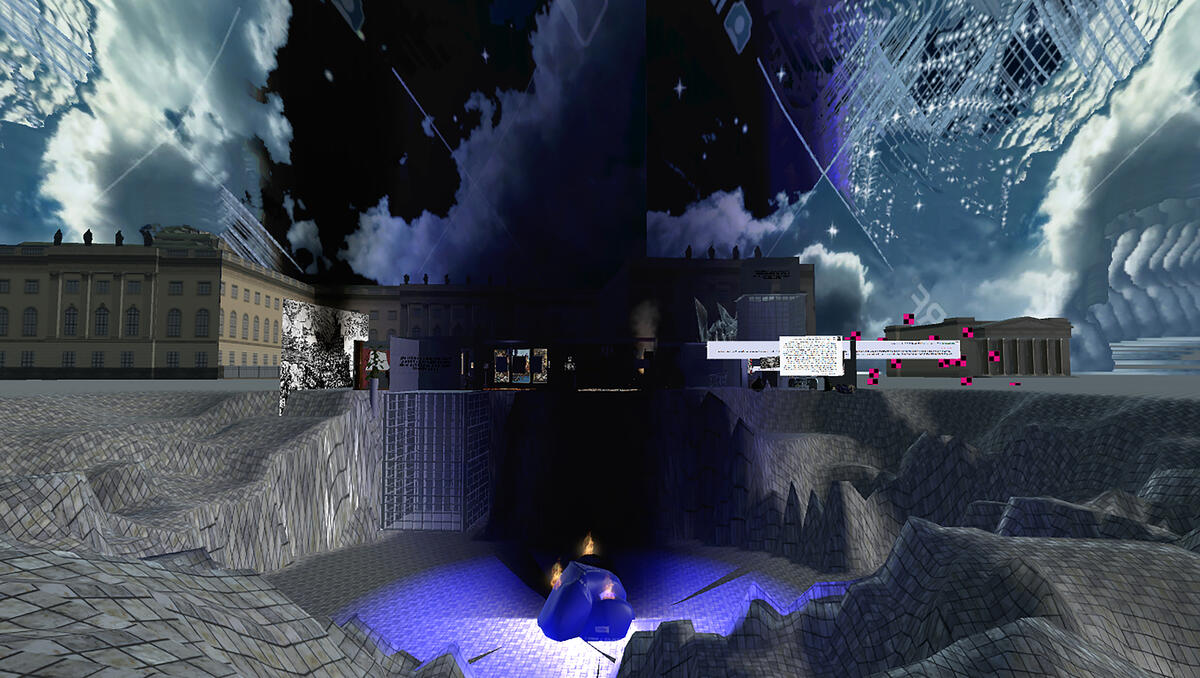Kunsthall Trondheim presents an international group exhibition considering the feminist tapestries of Hannah Ryggen (1894–1970) alongside the first computer program written by Victorian mathematician Ada Lovelace in 1842/43, and contemporary artists working with coding and weaving today. Lovelace’s invention was inspired by the punch cards used in the Jacquard loom, which allow the weaver to create—or program—complex patterns. Whereas weaving is an oftentimes feminized form of labor, and technologies a supposedly masculine domain, the exhibition highlights artists whose work defies these binaries and introduces powerful feminist and queer positions as well as practices from non-Western contexts where such divides come undone. Indeed, weaving, according to researcher Sarat Maharaj, has the potential to overthrow “handed-down notions of art/practice/genre/gender.” Exploring the legacies of cyberfeminism, nonhuman technologies, nonbinary gender, and glitches, the exhibition proposes coding and weaving as feminist practices and sources for political action, highlighting that which lies between and beyond binary representations.
- 1/1
Tabitha Nikolai, Ineffable Glossolalia (2017). Virtual environment made in Unity game engine. Courtesy the artist
Opening hours for Kunsthall Trondheim in the triennale period
- Wed - Sun: 13.00 – 17.00
